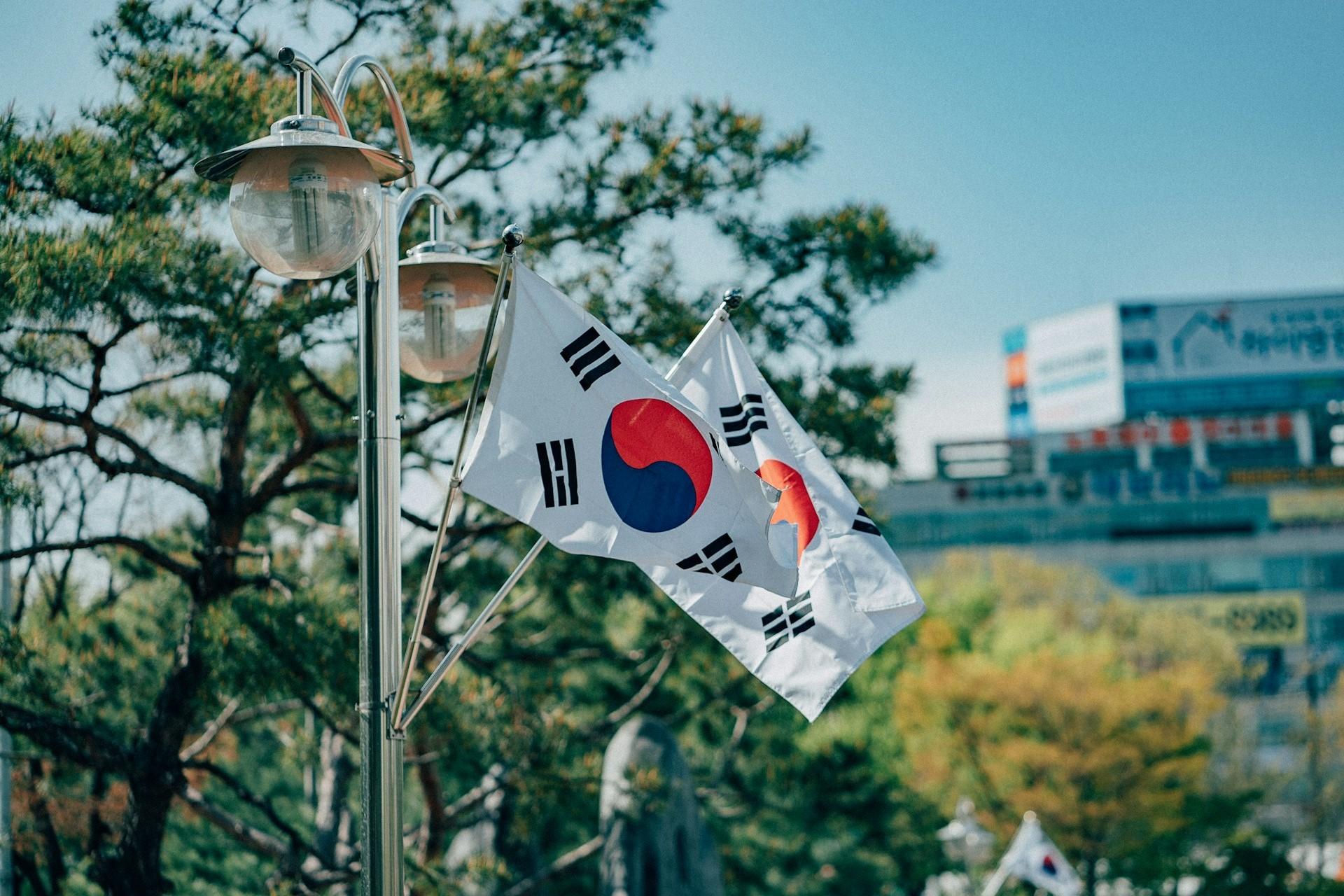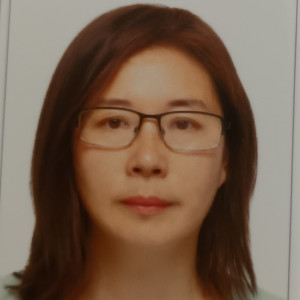If you've studied French, Spanish, or Italian, you may be aware that they're all Romance languages and related to each other because they all evolved from Latin. The English language is classed as a Germanic language and is related to Dutch, German, Danish, Swedish, and Norwegian.
The Korean language is pretty special, though. In linguistic terms, it's what's known as a "language isolate". This means that it's the only language in its language family and there are no other languages that are related to it.
Just because the language is quite lonely linguistically, this doesn't mean that nobody speaks the language. There are around 80 million native speakers of the Korena language, mostly in South Korea and North Korea, though there are native speakers in the Yanbian Korean Autonomous Prefecture in China.
Korean is also natively spoken by the Korean diaspora around the world. There are large Korean populations in the United States and China (with over 2 million people each) as well as across Japan, Canada, Russia, Uzbekistan, Australia, Vietnam, Kazakstan, and the United Kingdom.
In New Zealand, there are over 30,000 Koreans. These Korean New Zealanders, Korean Kiwis, Kokis, or Kowis are citizens of New Zealand with Korean ancestry and mostly live in Auckland. There are Korean Kiwi communities in Canterbury, Bay of Plenty, Waikato, Wellington, and Otago, too.
Whether it's because you're a Kowi yourself, would like to communicate with your local Korean community, want to travel to South Korea, or want to understand Korean cultural exports like K-pop, K-dramas, or Korean cinema, there's no better time than now to start learning the language.

Is Korean Hard to Learn?
Languages are neither difficult nor easy to learn. It depends to what extent you want to learn the language.
If you want to speak Korean fluently and make very few mistakes, then you have a long journey ahead of you. If you just want to learn enough to get by whilst travelling, then you might be surprised at just how quickly you can learn some basic Korean vocabulary.

The fact that Korean uses a different alphabet to English makes things already a bit more complicated. If you were to learn a European language like French, Spanish, German, or Italian, you'd have the advantage that you already understand and recognise the letters used in the alphabet, even if they're not pronounced in the same way as in English.
Korean syntax is different, too. In English, we tend to use a subject-verb-object (SVO) word order. In sentences like "I speak English", "I" is the subject, "speak" the verb, and "English" the object. Korean uses a subject-object-verb (SOV) word order so you can't just learn the words and translate them word-for-word in your head.
As with any language, Korean isn't pronounced the same as English. There are several sounds that you'll have to learn how to pronounce when you speak Korean and while there are some sounds that are close to those in English, there are some completely new ones that you'll just have to practice until you get them right.
Some things make Korean a little easier to learn than some other languages, though. For one thing, with 80 million native speakers, Korean is hardly a small or minority language. Generally, the more people that speak a language, the easier it'll be for you to find and contact native speakers for lessons or help.
It also helps a lot that South Korea produces a wealth of cultural products like music, TV shows, and films. Anyone wanting to learn Korean will have so many things they can watch and listen to to help them develop their language skills.
How Long Does It Take to Learn Korean?
There are so many factors that affect how long it takes to learn a language that we can't give you an exact number. However, it's been suggested that a native English speaker will need around 2,200 hours to gain working fluency in the language.
This figure is according to the Foreign Service Institute (FSI) which trains diplomats in the US. This equates to around 88 weeks of study. In terms of languages, this is what the FSI calls a Category IV language. Category I languages are the easiest and Category V are the most difficult. This means that Korean is classed as a "hard language" for English speakers to learn.
That said, once you have an idea of the journey ahead of you, it's much easier to start planning what you need to do and you can also manage your expectations. Don't forget that 88 weeks of study is for learning the language to a level where you can use it professionally. This doesn't mean that any Korean you learn before this time is useless; you can always start using your new language after just a short time after you start learning it.
There are also plenty of things you can do to learn the language more quickly. The figure we have is in terms of classroom hours and it doesn't take into account things like regularly watching Korean shows, studying the language outside of class, doing language exchanges with native speakers, or even just listening to K-pop while out running or working out at the gym!

Every little helps when it comes to learning a language and you can do a lot to increase your chances. The best thing to do is work out which approaches are most effective for you and use them more often when you study.
Learning Korean with Korean Lessons
While you can learn Korean without ever taking a lesson, it can help a lot to have some structure to your learning, even if you don't formally attend a class.
In any case, how you learn is key to your success in Korean and Korean lessons are highly recommended.

Learning Korean in a Korean Class
This is probably the most traditional way to learn a language. Whether your Korean classes are in school, university, a learning centre, or a language school, you'll likely be in a group with other learners.
Before we get onto the advantages of one-to-one, teaching, we should be clear that there are also plenty of advantages to learning languages in a group.
With many skills and subjects, private lessons and tutoring can be highly beneficial, but language learning can be a bit different because of peer learning.
In language classes, there are advantages to having other learners there. Students can learn from one another while also enjoying many opportunities to practise their new language.
For nervous or shy students, it can help to speak to somebody else who has the same level of Korean as them. You may feel less self-conscious speaking to a fellow student rather than your teacher. After all, your teacher is likely fluent in Korean or a native speaker and should be addressed using the proper Korean honorifics.
Learning Korean with a Private Tutor
Whether it's somebody fluent in Korean or a native speaker, private tutoring comes with so many benefits for language learners.
There are plenty of benefits to peer learning, but one-on-one tuition means that every minute of every session can be spent focusing on you and learning Korean. Your tutor can make sure that every single activity is adapted to you, what you need to know, and how you like to learn.
With private tutors, like those on the Superprof website, you can also learn Korean for specific situations. A group class will cover a lot of general topics, but with a tutor, you could learn Korean for work, travelling, or just for fun.
If you want courses on grammar, common phrases, a specific kind of vocabulary, the Korean alphabet, or even K-pop lyrics, you can just ask your tutor.
On the Superprof site, you can search for local tutors or online tutors so even if there aren't any Korean tutors in your area, you could learn from a native Korean speaker in South Korea.
Teaching Yourself Korean
While this approach is the one that will include the fewest “lessons”, you'll likely still have to do some of the activities you would do in a lesson anyway.

Teaching yourself a language isn't impossible, but it does require you to be incredibly organised and driven and if you have issues with either of these, then you probably won't get the most out of your Korean.
However, if you can stay motivated and are resourceful enough to get everything you need to learn Korean, go for it!
It helps to have a good understanding of different teaching approaches, though. It can help to test yourself, do different activities, and still have a formal structure to your learning so that you can track your progress, reward yourself, and adapt your learning to better suit you as a learner.
Summarise with AI:















